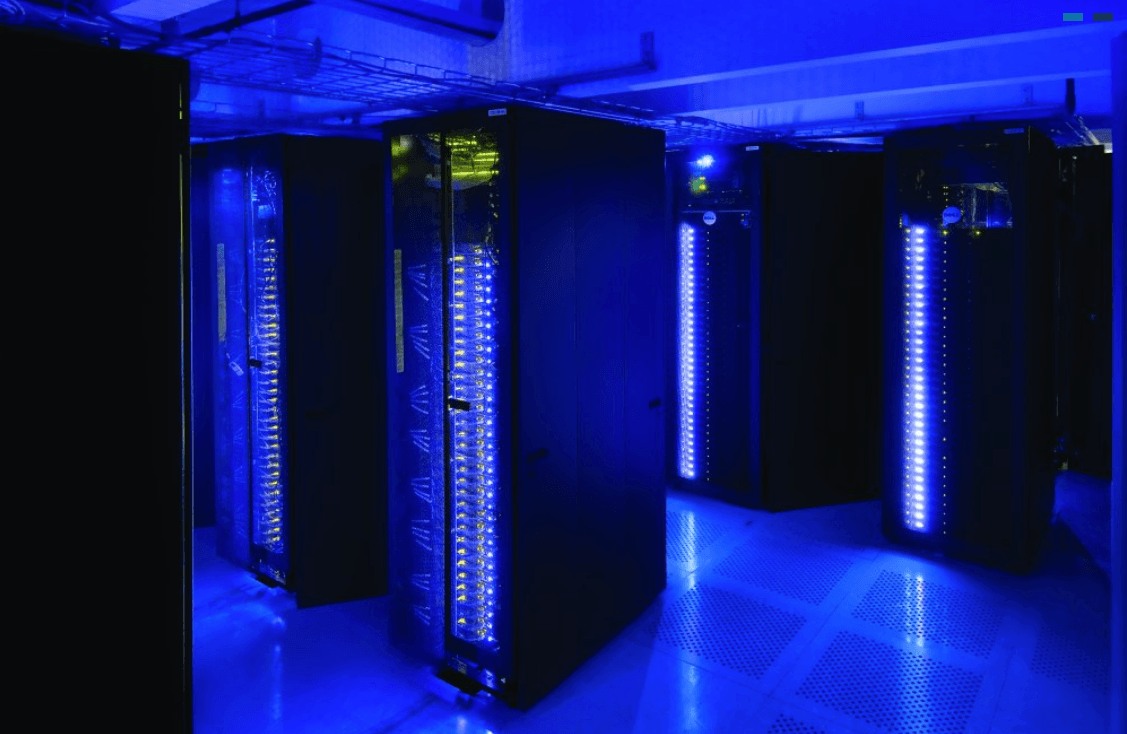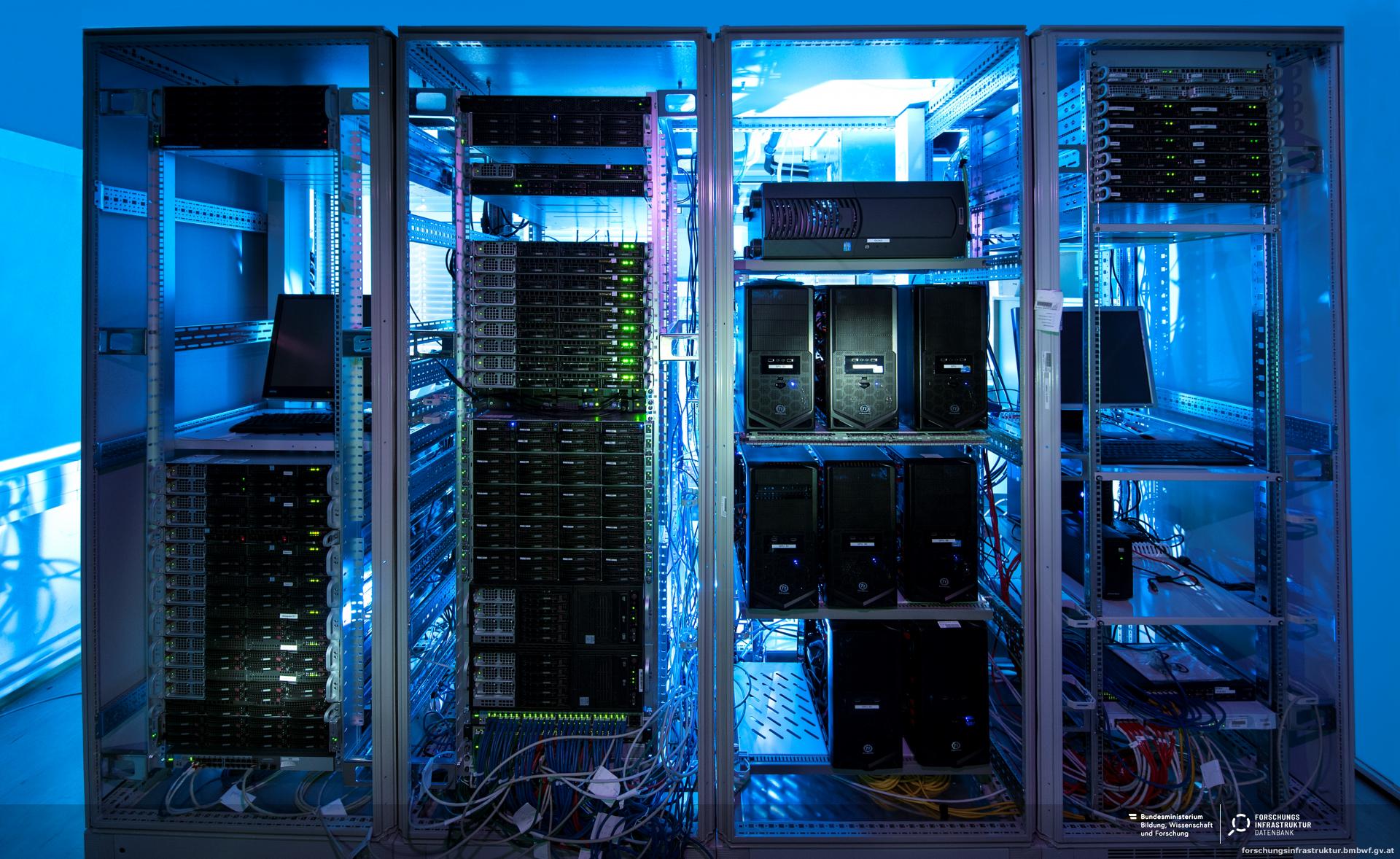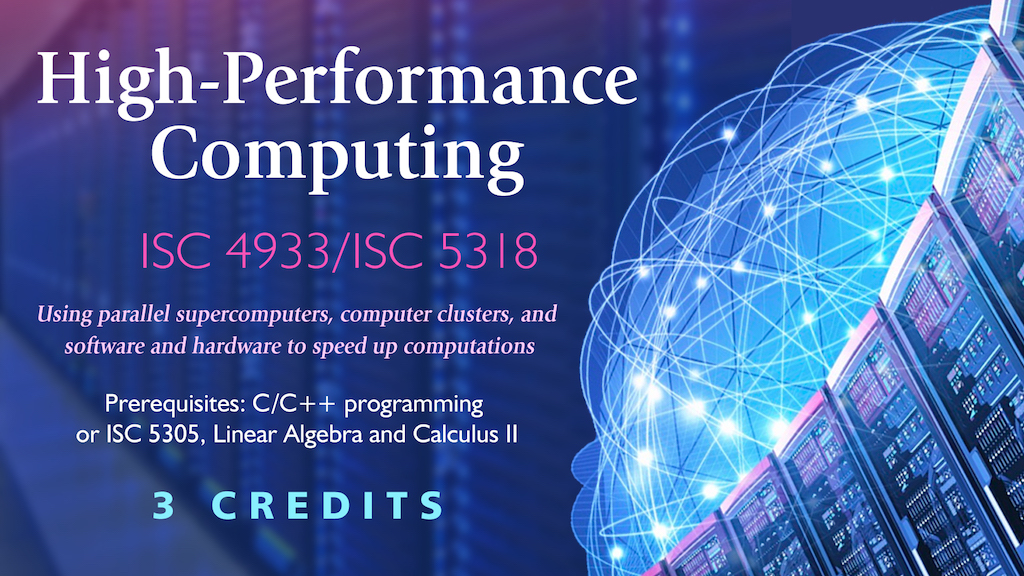Do you ever feel like your computer just can't keep up with your demands? Whether you're an avid gamer, a scientist crunching data, or a professional in the world of finance, you need a machine that can handle the load.
High-Performance Computing
The solution? High-performance computing. This type of computing utilizes advanced hardware and software systems to provide lightning-fast processing speeds and enable complex calculations and simulations.

One of the most important elements of high-performance computing is the use of powerful processors, such as Graphics Processing Units (GPUs) and Central Processing Units (CPUs). These processors have the ability to handle multiple calculations and data sets simultaneously, enabling lightning-fast performance and improved efficiency.
Applications That Changed The World
The use of high-performance computing has impacted a wide range of industries, from healthcare to finance to scientific research. Here are just a few examples of how high-performance computing has changed the world:
1. Weather Forecasting: High-performance computing is used to analyze weather patterns and make accurate predictions, which can help keep people safe during extreme weather events.

2. Medical Research: High-performance computing is used to analyze large data sets, which can help researchers identify new treatments for diseases and conditions.

3. Financial Modeling: High-performance computing is used to analyze complex financial models and make predictions about the performance of stocks and other investments.

4. Manufacturing: High-performance computing can be used in advanced manufacturing processes, such as 3D printing, to optimize designs and reduce waste.

5. Video Game Design: High-performance computing is used to create complex graphics and simulations in video games, providing an immersive user experience.

Tips For Improving Your Performance
Ready to take advantage of the power of high-performance computing? Here are a few tips to help you get started:
1. Invest in the right hardware: If you're serious about high-performance computing, you'll need a powerful processor and plenty of memory. Look for CPUs and GPUs that are optimized for your specific needs.
2. Use the right software: To take full advantage of your hardware, you'll need software that is optimized for high-performance computing. There are many options available, depending on your needs.
3. Optimize your code: If you're developing your own software or working with existing code, take the time to optimize it for high-performance computing. This can help improve efficiency and reduce processing times.
4. Use cloud computing: If you don't have access to your own high-performance computing infrastructure, consider using a cloud-based service. This can provide the power you need without the upfront investment.
5. Keep your hardware cool: High-performance computing can generate a lot of heat, which can reduce performance and even damage your hardware. Make sure you're using adequate cooling systems to keep your components at a safe temperature.
Final Thoughts
High-performance computing is a powerful tool that can enable incredible advances in a wide range of fields. Whether you're working on scientific research, developing the latest video game, or analyzing financial data, high-performance computing can provide the speed and power you need to get the job done.